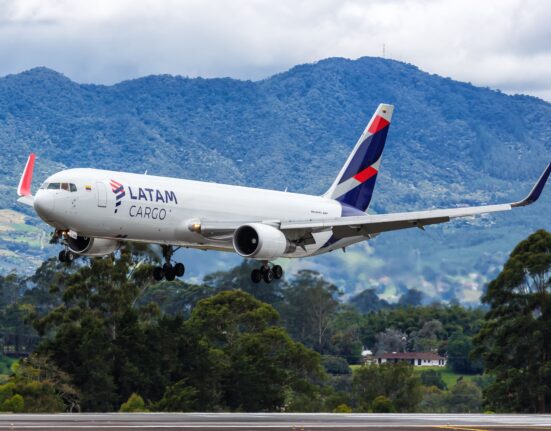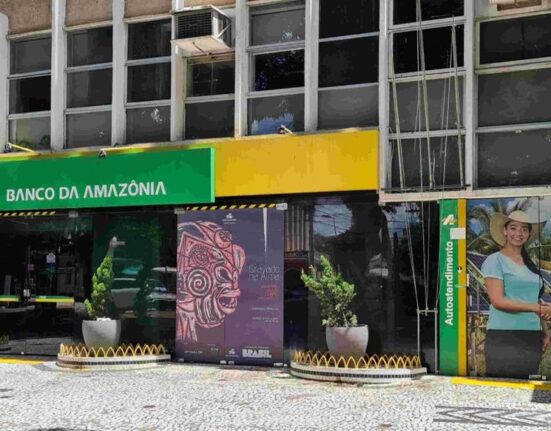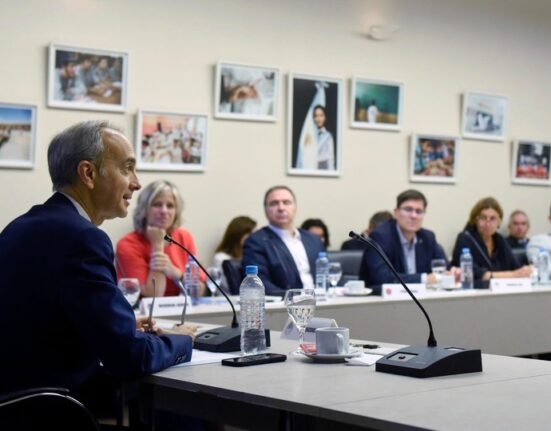As the deadline approaches for President Donald Trump’s heavy tariff threats to resume, countries in Southeast Asia are scrambling to make amends and boost imports from the United States. With a 90-day pause on reciprocal tariffs – set above a 10% baseline – expiring soon, nations in Southeast Asia are making strategic moves to appease the American leader.
In a bid to avoid punitive tariffs, Vietnam has emerged as one of the proactive players in the region. Following a phone call between President Trump and the General Secretary of the Vietnamese Communist Party, Tô Lâm, Vietnam managed to secure reduced tariffs on its exports. Trump announced on social media that Vietnam would face a 20% tariff on imports and a higher tariff of 40% for transshipped goods, significantly lower than the initial threat of 46%.
Vietnam had already taken steps before April’s tariff announcement by lowering import duties on American products like liquefied natural gas and cars. The country even facilitated SpaceX’s Starlink satellite internet service launch. Additionally, Vietnam engaged in discussions with US companies for potential projects while fast-tracking approval for a $1.5 billion luxury golf resort led by the Trump Organization near Hanoi.
Indonesia also made headway following discussions between Trump and President Prabowo Subianto. Jakarta proposed deregulation measures including easing import restrictions and eliminating non-tariff barriers after facing a 32% tariff threat. The country expressed interest in critical mineral projects and electric vehicle supply chain investments from American businesses besides committing to purchase more energy and agricultural products from the US.
Malaysia is actively working towards reducing its trade imbalance with America by increasing imports of liquefied natural gas (LNG) and agricultural goods such as soybeans. Kuala Lumpur is focusing on sectors like semiconductors and palm oil, aiming for zero tariffs with strategic industries including automotive.
With Malaysia holding ASEAN’s presidency this year, Prime Minister Anwar Ibrahim reached out to Trump proposing a USA-ASEAN summit to ease tariff tensions across the region. However, efforts for a unified response within ASEAN faced hurdles due to varying trade balances with America among member countries.
Thailand grapples with internal leadership challenges impacting negotiations despite facing an impending 36% tariff threat. The country seeks concessions particularly regarding LNG imports along with exploring increased purchases of soybeans from American suppliers.
Singapore is pushing for concessions especially in pharmaceutical exports given its trade deficit with the US but remains uncertain about Washington’s response despite highlighting how tariffs could affect its open economy negatively.
In contrast, although Philippines faces a 17% tariff despite being an ally under treaty obligations; ongoing communications indicate negotiations are progressing albeit under confidentiality agreements.
The recent developments highlight Southeast Asia’s diplomatic dance as they navigate through intricate trade negotiations against an evolving global economic backdrop shaped by political dynamics both domestically and internationally.









Leave feedback about this